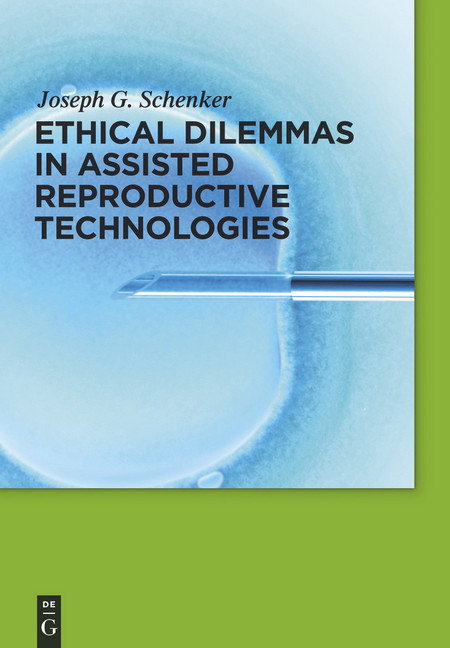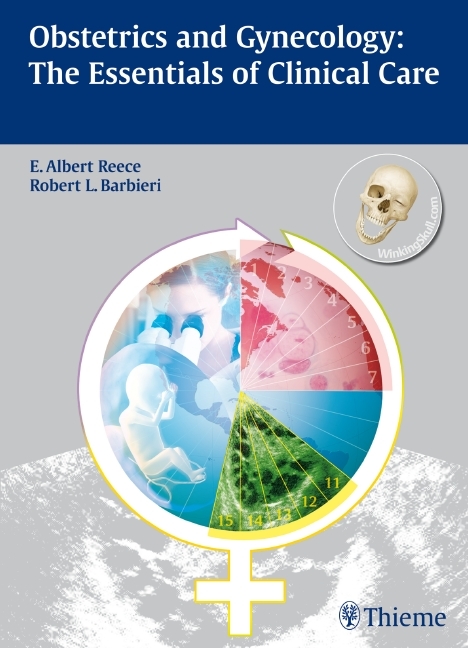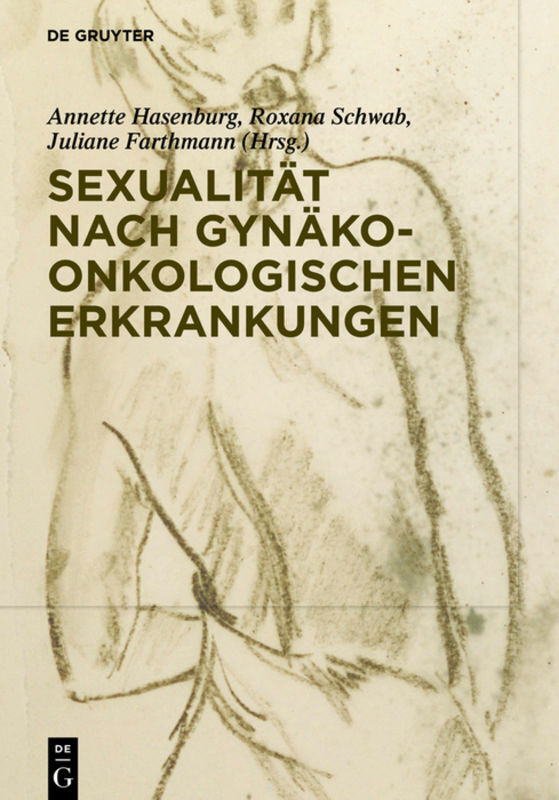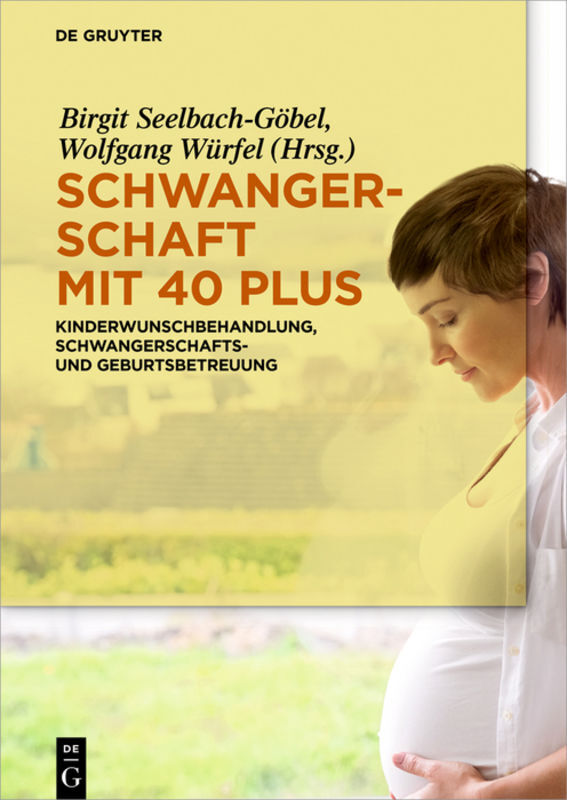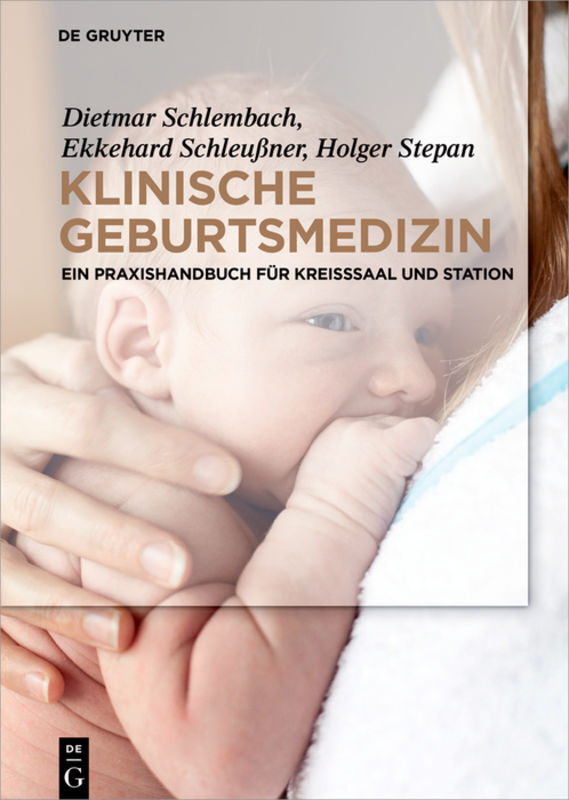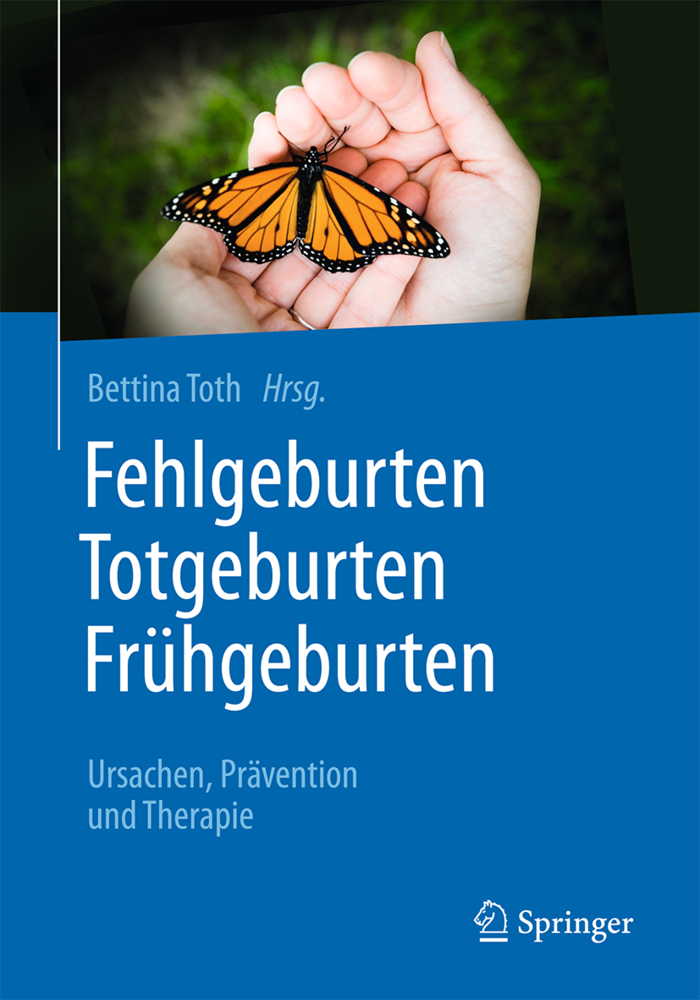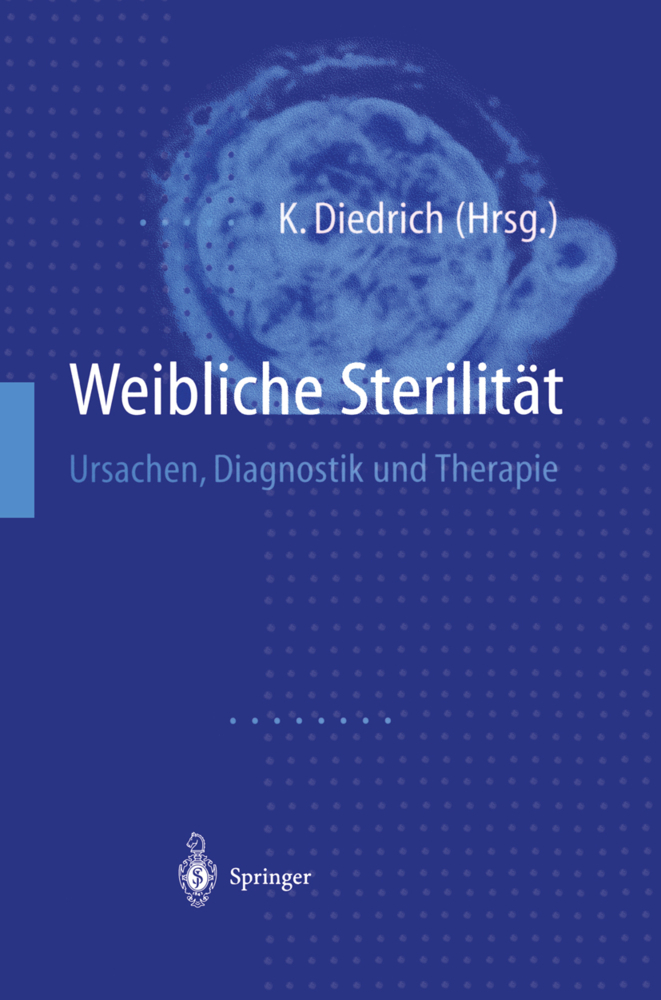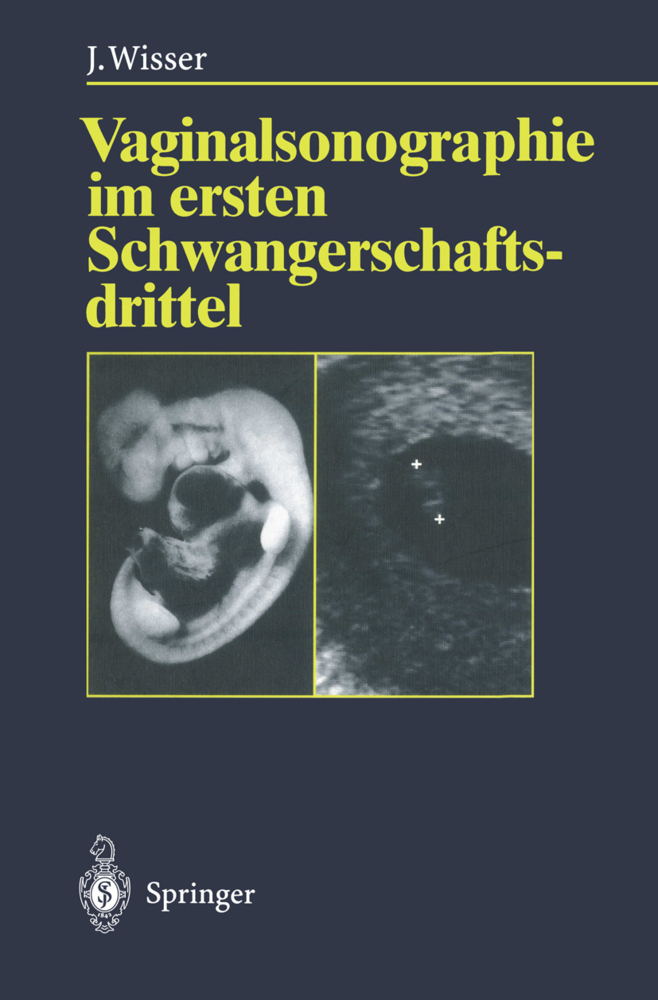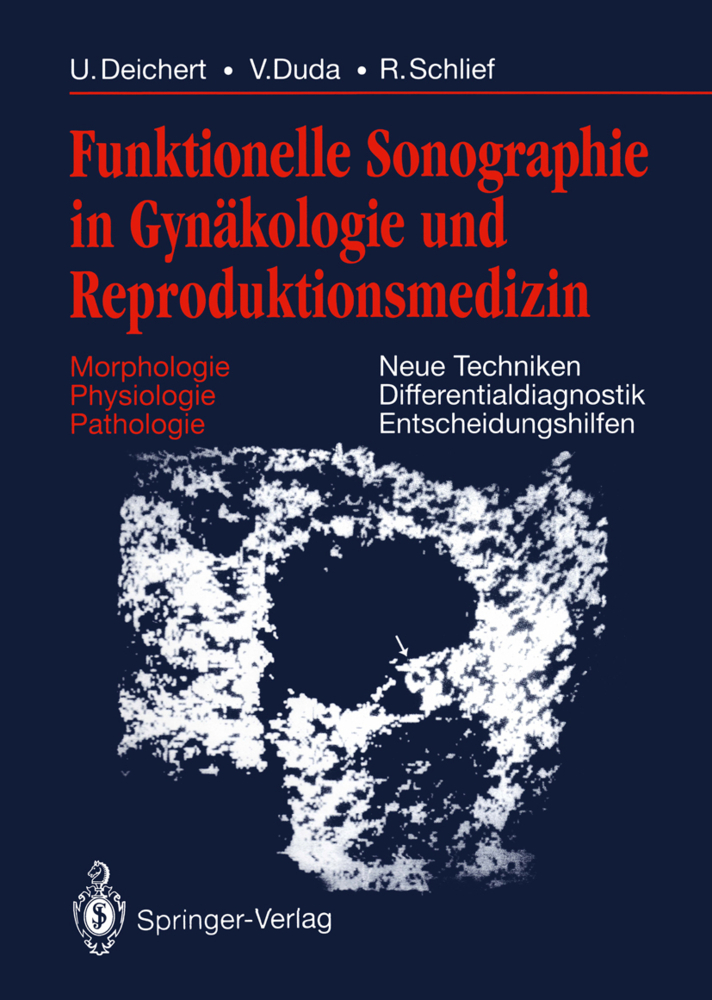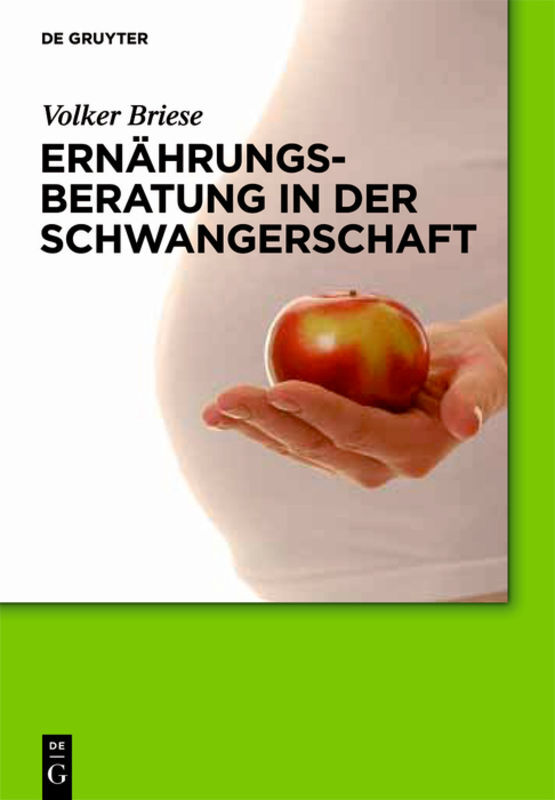Ethical Dilemmas in Assisted Reproductive Technologies
Assisted reproductive technologies (ART) include the artificial or partially artificial methods to achieve pregnancy. These new technologies lead to substantial changes regarding of ethical and legal aspects in reproductive medicine. The book focuses on current hot topics about ethical dilemmas in ART, e.g. about the duties of ethical committees, guidelines regarding informed consent, ethical and legal aspects of sperm donation, embryo donation, ethics of embryonic stem cells, therapeutical cloning, patenting of human genes, commercialization.
1;Contents;62;Preface;183;Author index;224;1 The foundations and application of medical ethics;264.1;1.1 Introduction;264.2;1.2 Historical background;264.3;1.3 General ethical theories and principles;274.4;1.4 Modern medical ethics;334.5;1.5 Conclusion;385;2 Legislation for assisted reproductive technologies;405.1;2.1 Introduction;405.2;2.2 Legislation and regulations;415.3;2.3 Legislative motivations;435.4;2.4 Evidence-based legal policy;455.5;2.5 The focus of legislation;475.6;2.6 Human rights;506;3 Reproductive rights as an integral part of women's rights;546.1;3.1 Introduction;546.2;3.2 Granting women equal rights: the origin of discrimination;556.2.1;3.2.1 Cornerstones of women's rights;576.2.1.1;3.2.1.1 Dignity, body integrity, and freedom from violence;576.2.1.2;3.2.1.2 Equality and empowerment;596.2.1.3;3.2.1.3 Full, unconditional access to health care services;606.2.2;3.2.2 A right to treat infertility;617;4 Right to reproduce;687.1;4.1 Socioeconomic issues;687.2;4.2 Religious issues;707.3;4.3 Legal and historical aspects;707.4;4.4 Moral aspects;737.5;4.5 ART-related aspects;748;5 Informed consent for treatment of fertility;788.1;5.1 Introduction;788.2;5.2 The right to experience parenthood and its standing;798.3;5.3 The informed-consent doctrine;808.3.1;5.3.1 The doctrine and its nature;808.3.2;5.3.2 Application of the doctrine to fertility treatments;808.4;5.4 Mutual consent of spouses;818.4.1;5.4.1 Joint process;818.4.2;5.4.2 The good of the child and consideration of parental capability;828.5;5.5 Validity of the consent;838.5.1;5.5.1 Effect of the initial consent;838.5.2;5.5.2 Withdrawal of patient consent;848.5.3;5.5.3 Physician's withdrawal of consent;848.5.4;5.5.4 Consent after death;858.6;5.5 Conclusion;859;6 Specific ethical and legal aspects of ART practice in eastern European countries;889.1;6.1 Introduction;889.2;6.2 Situation in eastern European countries;889.2.1;6.2.1 Number of centers;889.2.2;6.2.2 Legal regulation of ART;899.2.3;6.2.3 Coverage or reimbursement of ART;909.2.4;6.2.4 Marital status in ART;919.2.5;6.2.5 The number of transferred embryos in ART;929.2.6;6.2.6 Cryopreservation;939.2.7;6.2.7 Posthumous ART;959.2.8;6.2.8 Gamete donation;969.2.9;6.2.9 Anonymity;979.2.10;6.2.10 Micromanipulation;989.2.11;6.2.11 In vitro maturation of oocytes;999.2.12;6.2.12 Welfare of the child;1009.2.13;6.2.13 Multifetal-pregnancy reduction;1019.2.14;6.2.14 Preimplantation genetic diagnosis;1029.2.15;6.2.15 Surrogacy;1039.2.16;6.2.16 Research on the embryo;1049.2.17;6.2.18 Gamete intrafallopian transfer;1069.2.18;6.2.19 The moral status of the embryo;1069.3;6.3 Conclusions;10710;7 Sperm donation and sperm-bank management;11210.1;7.1 Introduction;11210.2;7.2 Limiting the number of donor offspring;11310.2.1;7.2.1 United States;11310.2.2;7.2.2 United Kingdom;11310.3;7.3 Minimizing the risk of infection and genetic complications from sperm donors;11410.4;7.4 Age requirements for sperm donors;11410.5;7.5 Anonymity versus nonanonymity of sperm donors;11510.5.1;7.5.1 Anonymous sperm donation;11510.5.2;7.5.2 Nonanonymous sperm donation;11610.6;7.6 Sperm-donor compensation;11710.7;7.7 Informed consent and counseling;11810.8;7.8 Conclusions;11811;8 Oocyte donation: medical and legal perspectives;12011.1;8.1 Introduction: Indications for egg donation;12011.2;8.2 Preparation of donor and recipient;12111.3;8.3 Outcome determining factors;12311.4;8.4 Obstetric and perinatal outcomes;12311.5;8.5 Ethical aspects;12411.6;8.6 Legislation;12611.6.1;8.6.1 The new Israeli legislation;12911.7;8.7 Summary;13212;9 Egg donation: ethical considerations and regulatory context;13612.1;9.1 Introduction;13612.2;9.2 The regulatory context;13612.3;9.3 Donating eggs;13712.3.1;9.3.1 Informed consent;13712.3.2;9.3.2 Meeting demand: remuneration and other programs;13812.3.2.1;9.3.2.1 Financial compensation;13812.3.2.2;9.3.2.2 Egg-sharing programs;13912
Schenker, Joseph G.
| ISBN | 9783110240214 |
|---|---|
| Article number | 9783110240214 |
| Media type | eBook - PDF |
| Copyright year | 2011 |
| Publisher | Walter de Gruyter GmbH & Co.KG |
| Length | 412 pages |
| Language | English |
| Copy protection | Digital watermarking |

